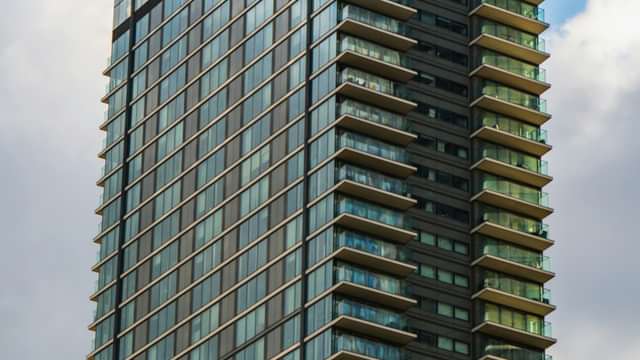It is common for heads of terms to refer to a licence to use or occupy a property when the agreed terms would actually be construed as a lease. The two terms are bandied around and often used interchangeably; knowing the difference is key to avoiding lengthy and costly proceedings which go hand in hand with any disputes. Case law has taught us that labelling a document as a licence does not mean that it isn’t a lease. If certain elements (e.g. exclusive possession) are present then the document will technically be a lease with all the considerations that go with this.
What is the difference?
A lease gives a tenant an interest in land and allows the tenant to exercise rights as an owner of that land. A licence, on the other hand, is a personal right or authorisation to occupy the licensor’s property; without the consent of the licensor the licensee’s occupation would amount to trespass. It is generally considered best to have an interest in land rather than a personal interest.
Why should you care?
You will probably have heard of the Landlord and Tenant Act 1954 (1954 Act) which sets out how an occupier can obtain security of tenure, i.e. an automatic right of renewal on the same terms as the previous tenancy. A licence proper will not give the licensee security of tenure whereas, generally speaking, a lease of more than six months will grant the tenant these rights.
While this is thought to be a more important consideration for landlords than tenants (to make sure they can get the tenant out when they want), tenants do also need to be aware of their rights under the 1954 Act and whether or not they want to give these up. If a tenant is looking for a flexible, cheap and short term let of a property, a licence to occupy will most likely be their best bet. On the flip side, tenants should be careful about agreeing to enter into a licence if they want to have more control over the property. You should be careful about agreeing heads of terms where the document is referred to as a licence; this is likely to mean a lesser degree of control and the landlord being able to move you on at short notice.
How to tell the difference
There are few hard and fast rules when it comes to determining whether a document is a lease or licence and the courts have provided guidance on what to look for.
Briefly, a document which grants exclusive possession of a property for a fixed period of time and reserves a rent will usually be construed as a lease. Exclusive possession is key, since it is possible to have a licence for a fixed term and for a rent (though, in practice, we refer to this a ‘licence fee’ so as to avoid unhelpful comparisons). Ultimately, if there is a dispute, the courts will decide.
If you have any queries about your lease or licence, and don’t want to approach your landlord, do contact us and we will be happy to advise you further.













































































































